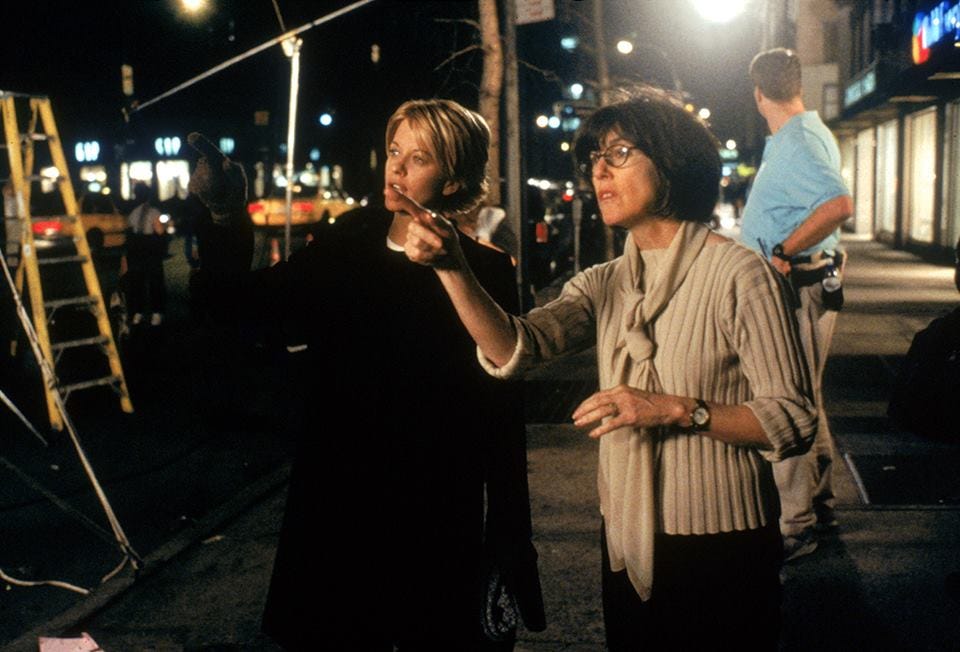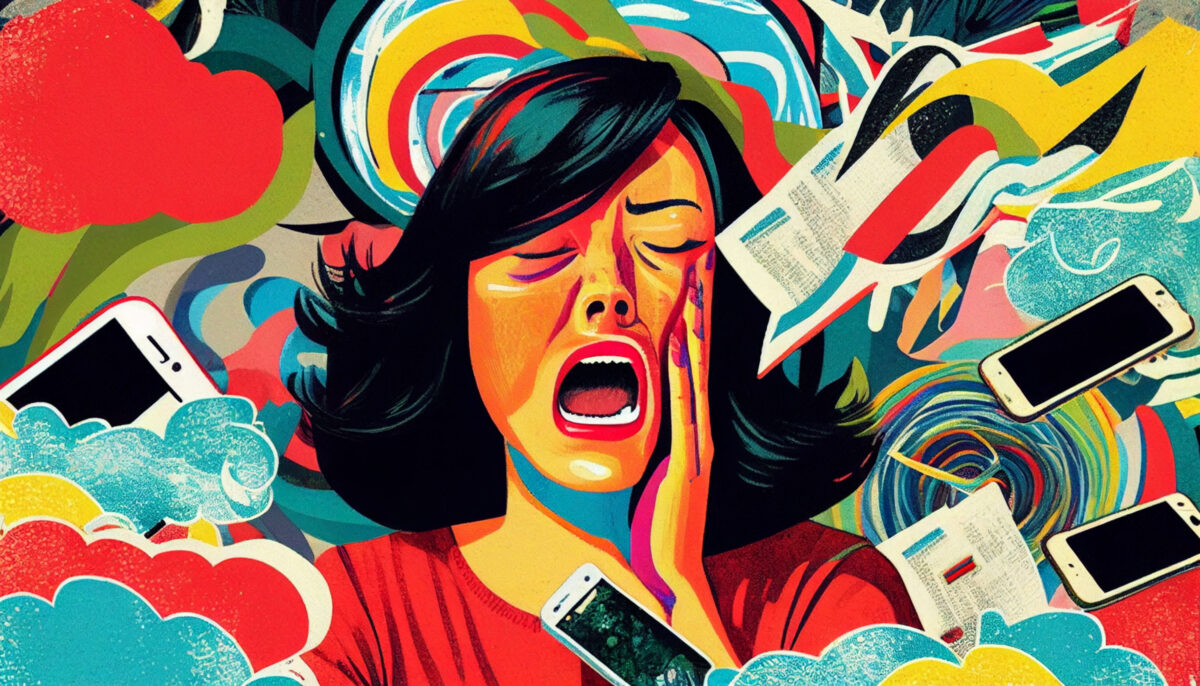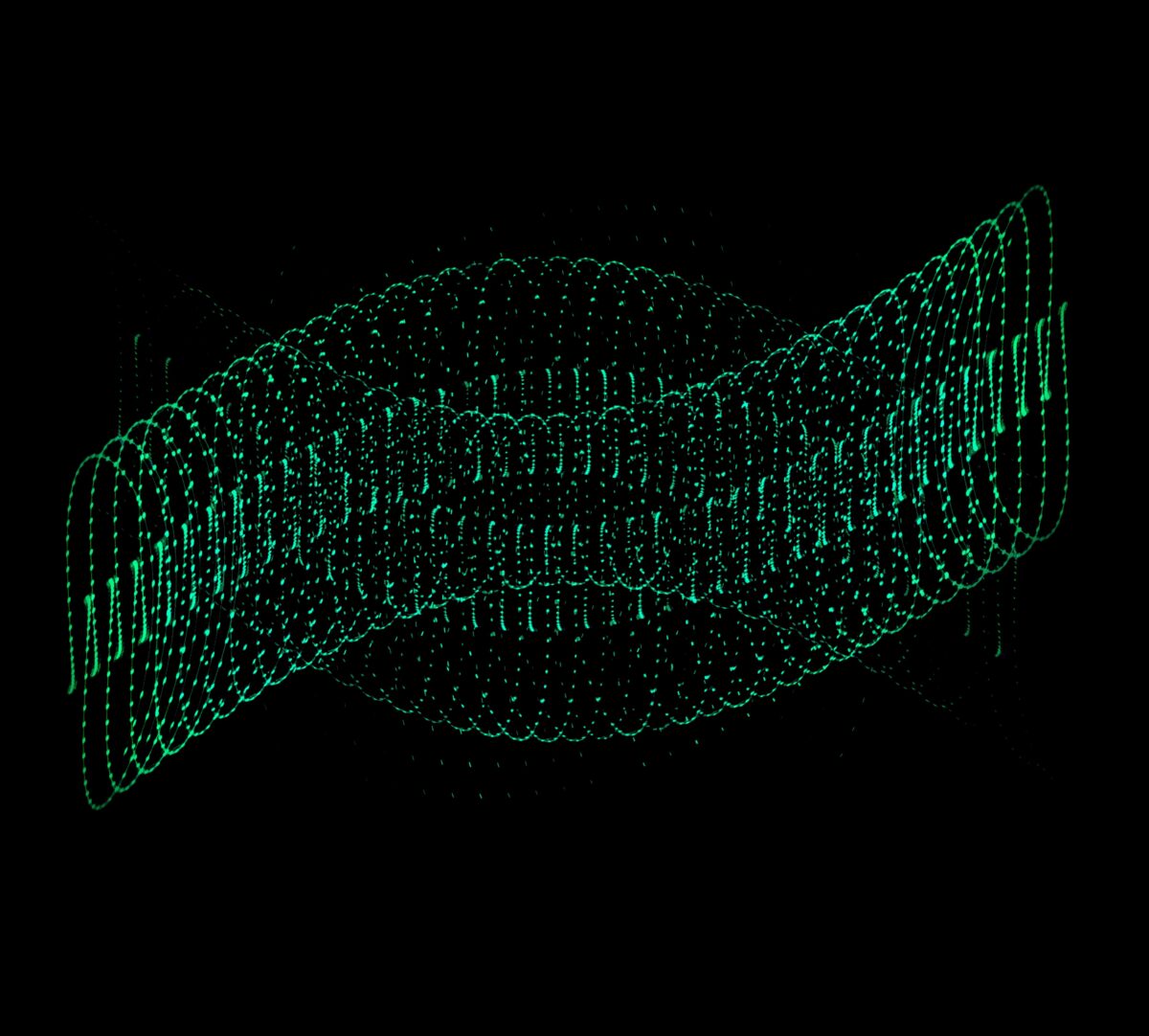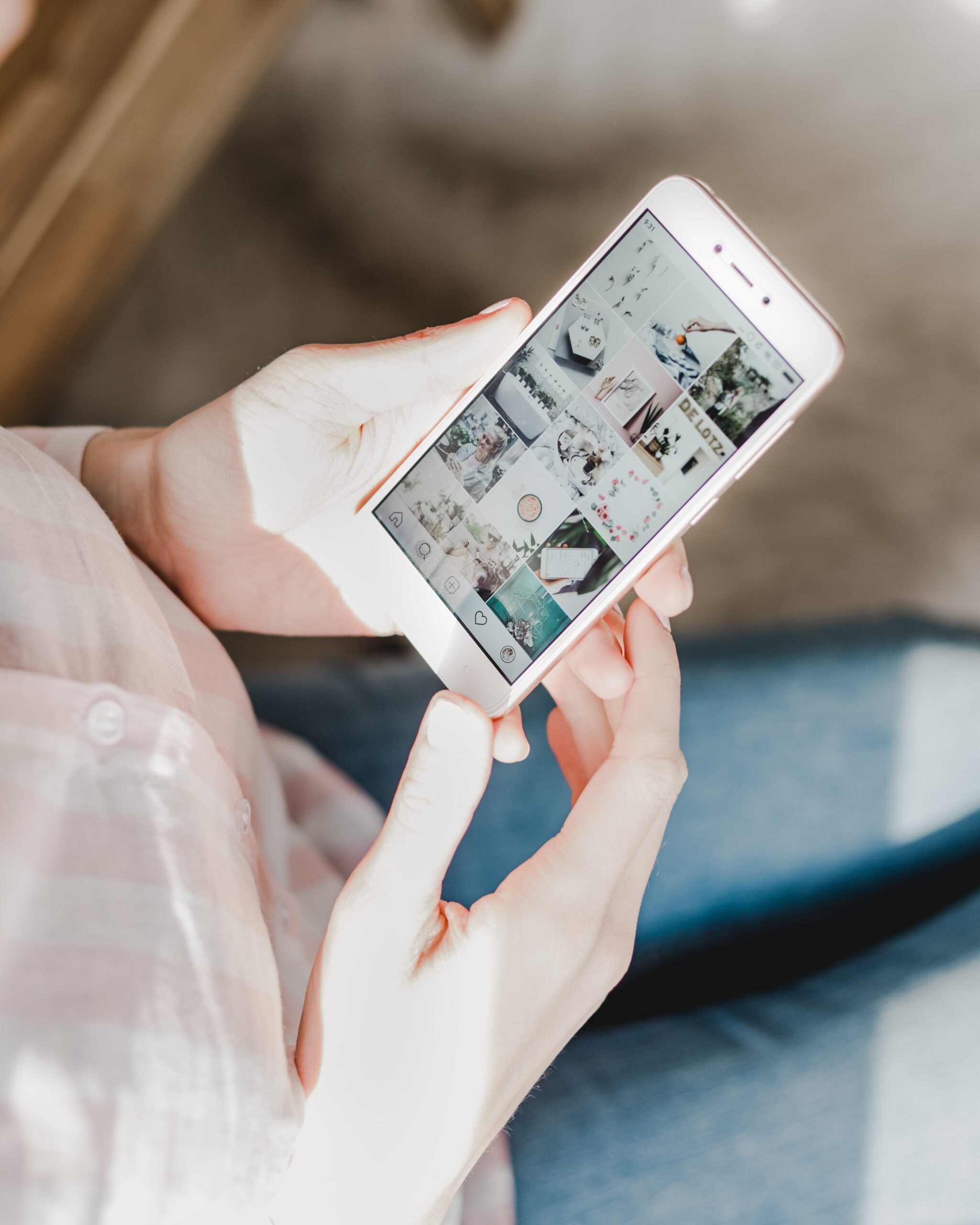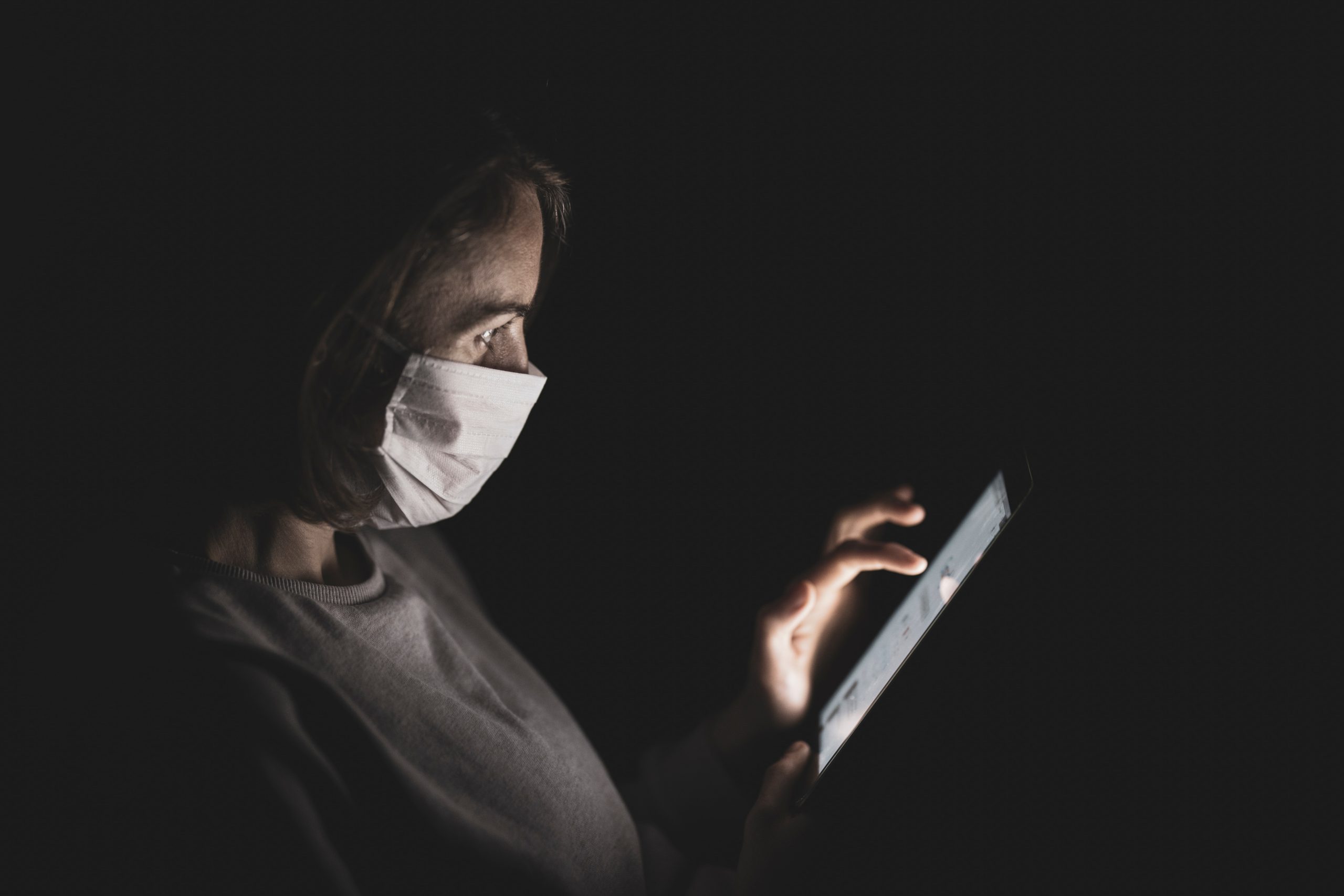Headline Photo by Warner Bros. The looming presence of the SAG-AFTRA and WGA strikes characterized Hollywood’s autumn, forcing a return to its old classics that embody this transitory season. Even amidst the season’s implications of change and transformation, a constant remains: Nora Ephron’s autumn. At least once in your life, you’ve encountered the imagery of […]
